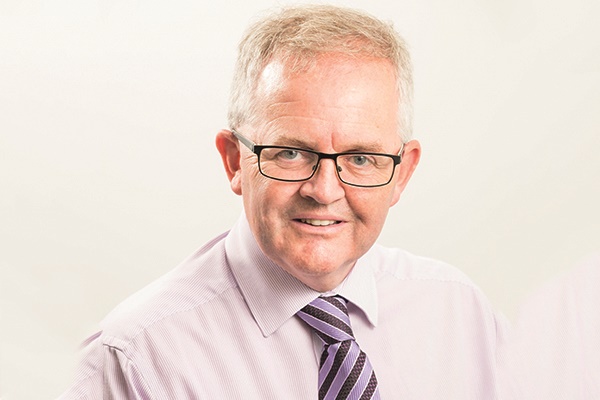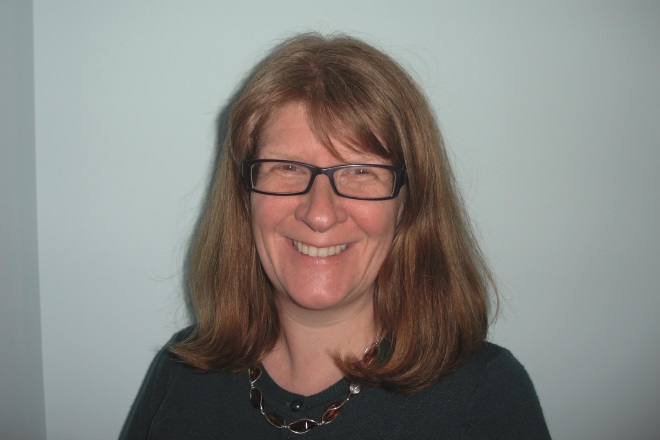
Shutterstock.com
Nominations are now open for the 2018 Royal Pharmaceutical Society (RPS) National Pharmacy Board elections. The Pharmaceutical Journal asked three board members why they stood for election, and why other members should consider doing the same.
Aamer Safdar, English Pharmacy Board

Source: MAG / The Pharmaceutical Journal
Aamer Safdar says his position allows him to raise issues about the hospital sector
This is my first term; it’s year three. I stood because I didn’t feel that there was enough representation from hospital pharmacy. I’m the only practising hospital pharmacist on the board at the moment. I’m the only person who speaks about hospital pharmacy.
The way we practise in hospitals is very different to how practice is in community pharmacy — especially around registered pharmacy premises. Most of the time, our pharmacists are outside of the registered pharmacy premises because they’re on the wards and clinical areas. We use our pharmacy technicians very differently to how community pharmacy uses its technicians.
I’m involved with the Hospital Expert Advisory Group as a board member, and I’ve been given opportunities to look at and review and comment on anything that relates to hospital pharmacy – things such as hospital pharmacy standards and any RPS information that goes out relating to hospital pharmacy. Being a board member gave me the opportunity to get involved with these things at a national level.
In terms of benefits that come from being on the board: I talk to my colleagues in hospital pharmacy about some of the issues they’re facing to ensure that I can bring what they’re talking about to the table. This isn’t necessarily in the board meeting; sometimes it is work that we do between meetings and emails we exchange.
I think the board should be diverse: it should have representation from all sectors, traditional as well as new emerging sectors such as GP practice pharmacists. Community pharmacy will always be better represented because there are more community pharmacists, but I would encourage any pharmacist who is not in a traditional role to consider standing for the board election because you’re going to provide a different view. The diversity of views is what makes the board rich in terms of its discussions and decisions.
Mike Curson, Welsh Pharmacy Board

Source: Courtesy of Royal Pharmaceutical Society
Primary care pharmacist Mike Curson says by being on the board he can help shape the future of pharmacy and ensure that members’ opinions are heard
Working on the Welsh board has given me a better insight into the role of the society and the work it does with stakeholders to promote the development of the pharmacy profession across all sectors.
As a primary care pharmacist, I observe exciting developments every day in the utilisation of pharmacy professionals to provide direct services to patients within a GP practice setting. RPS Wales supports this development by promoting pharmacy at a strategic level and celebrating successes as the profession moves forward. Being part of a dynamic and representative board has been good for my own personal development and also enables me to input into debates around developing the professional role of the RPS in everyday pharmacy.
Board members can both shape pharmacy’s future and also bring grassroot ideas and views to the fore so that members’ opinions can be heard where it matters. I am committed to drawing the attention of the board to my colleagues’ views expressed to me freely in the workplace. I enjoy working with other board members from all branches of the profession and I have learnt a lot during my tenure. Pharmacy professionalism is at the core of what I do, and being an RPS board member helps me in part to shape the future direction of our great profession.
Deborah Stafford, Scottish Pharmacy Board

Source: Courtesy of Deborah Stafford
Deborah Stafford says other members of the Scottish Pharmacy Board are supportive and ensure everyone can contribute to discussions regardless of which sector of pharmacy they work in
I stood for election to raise awareness of the RPS and what it does for the profession but also to demonstrate that all pharmacists are welcome at the table. The board is not only for senior managers and community pharmacy but is open to all.
I’ve spent nearly one year on the board and it has reminded me of the breadth and depth of our profession.
Around the table I am the only member currently working in a hospital environment, which is daunting, but other board members and the Scottish team are supportive and ensure that everyone feels able to contribute to discussions and decisions. Much of the discussion can be focused on community pharmacy developments, which is not surprising when you look at the demographics of the membership, but professional practice developments cross all sectors.
I have spent this year locally in my health board and through a variety of national professional groups raising awareness of the work of the SPB in terms of their workplan, plans for revalidation and the revision of the hospital pharmacy standards. Through being on the board I have developed increasing confidence to voice my opinion and to seek answers from senior colleagues regarding professional developments like revalidation, supervision and hospital standards. I also have an appreciation of different ways of working professionally and collegiately. As a newbie I feel included and supported by all.

